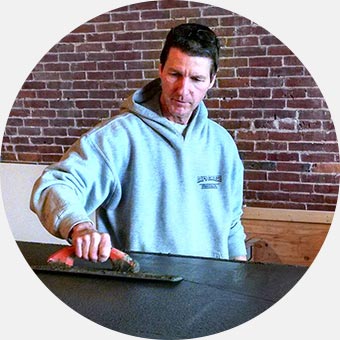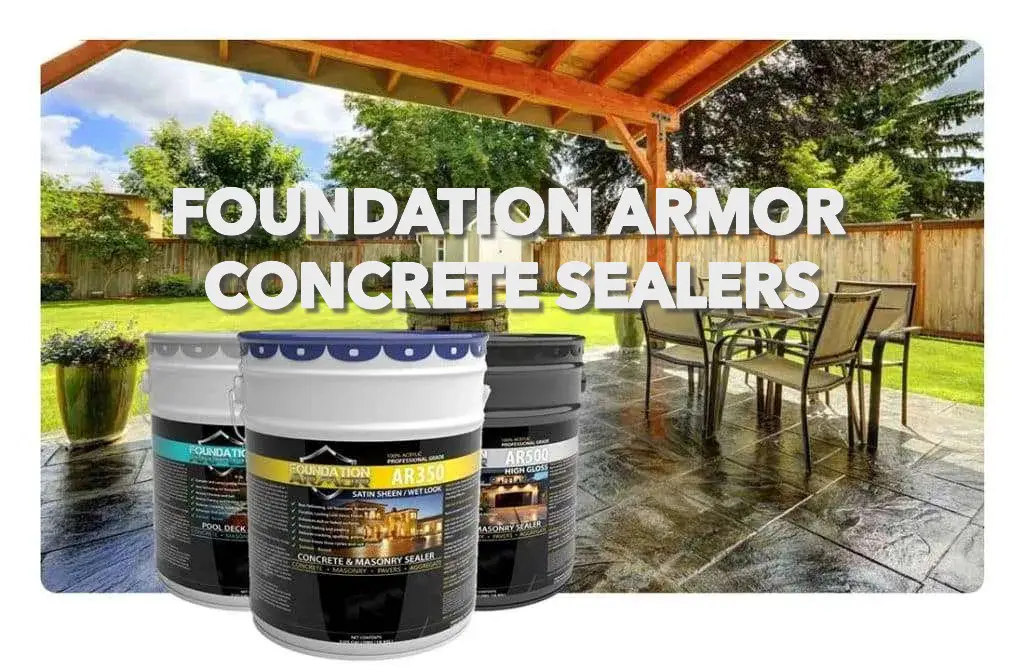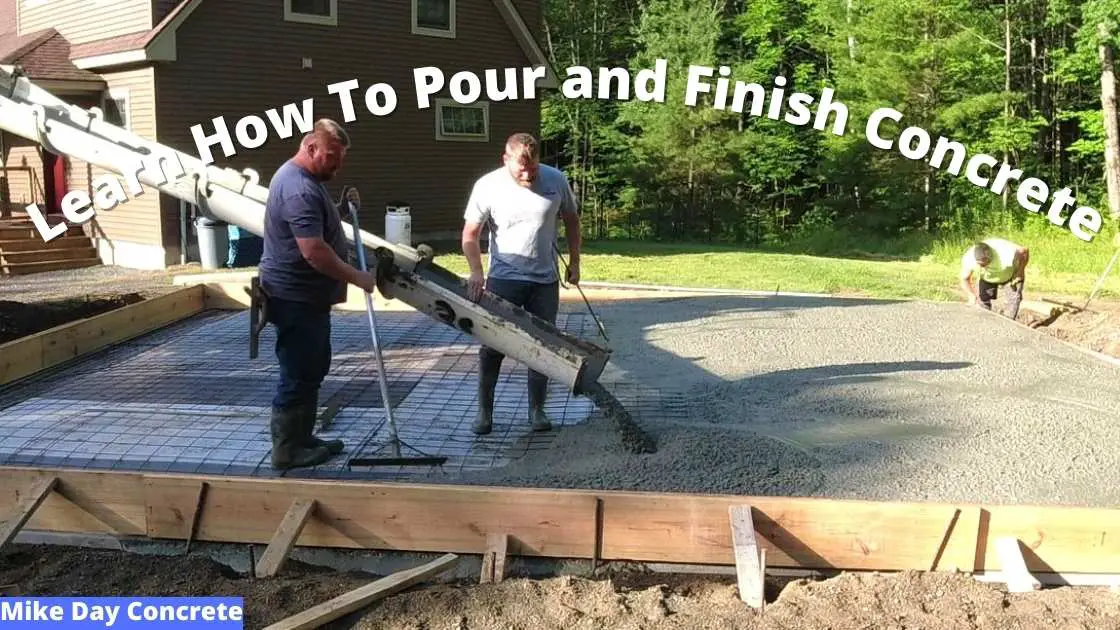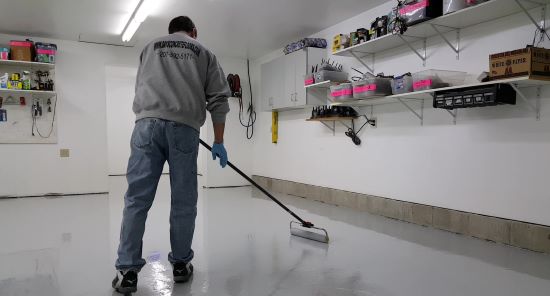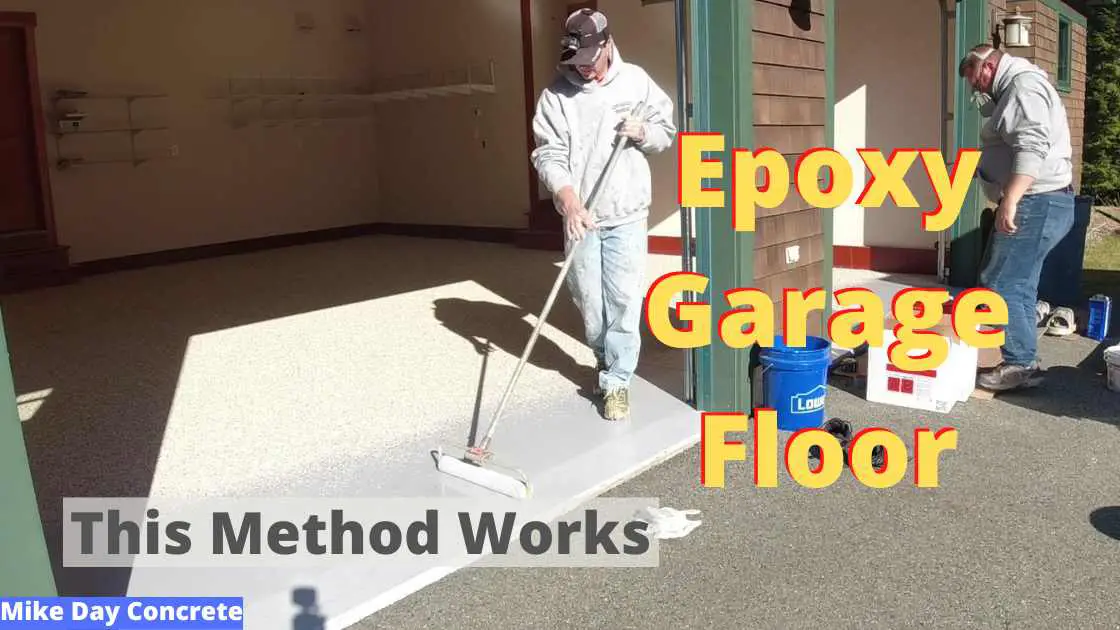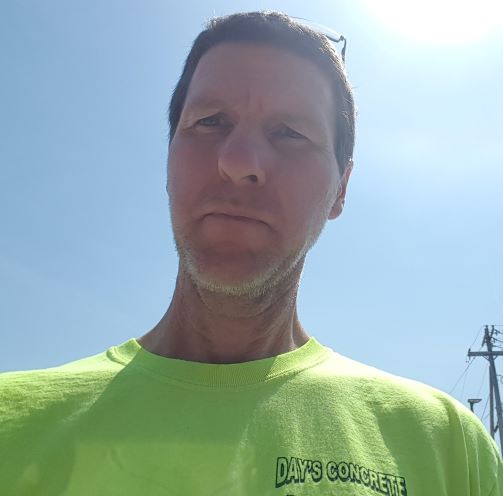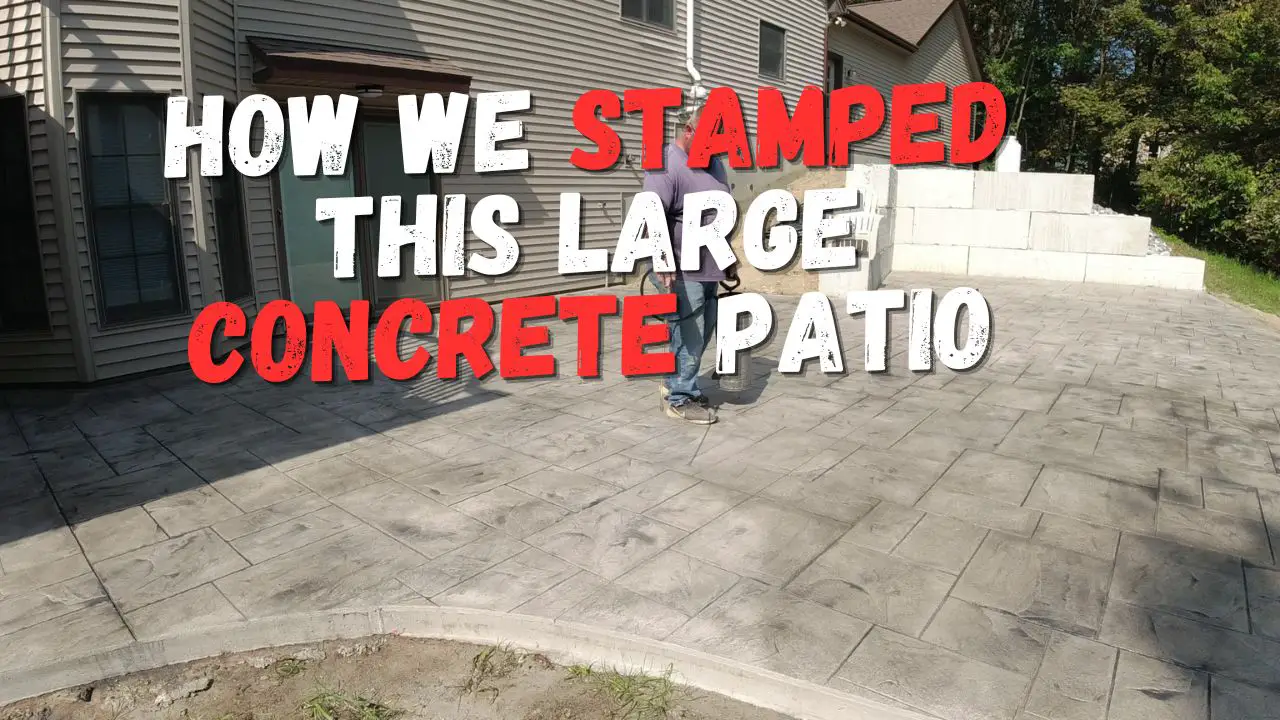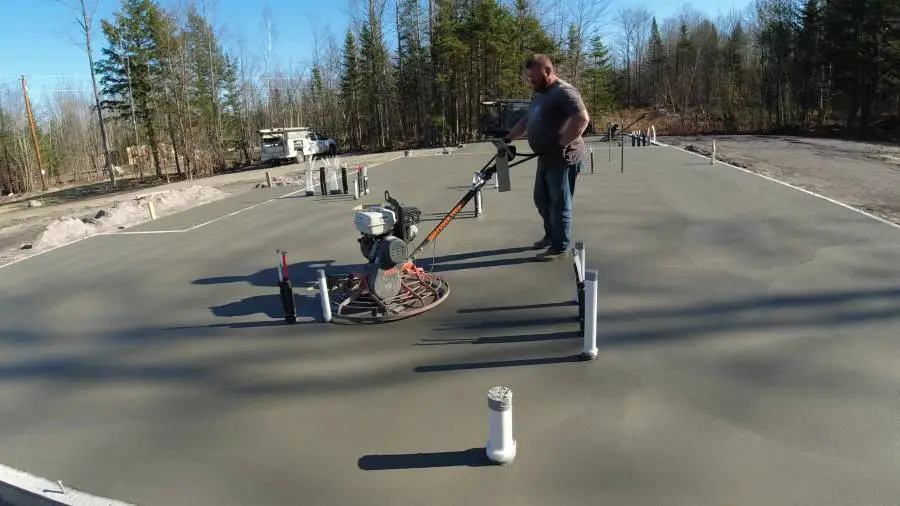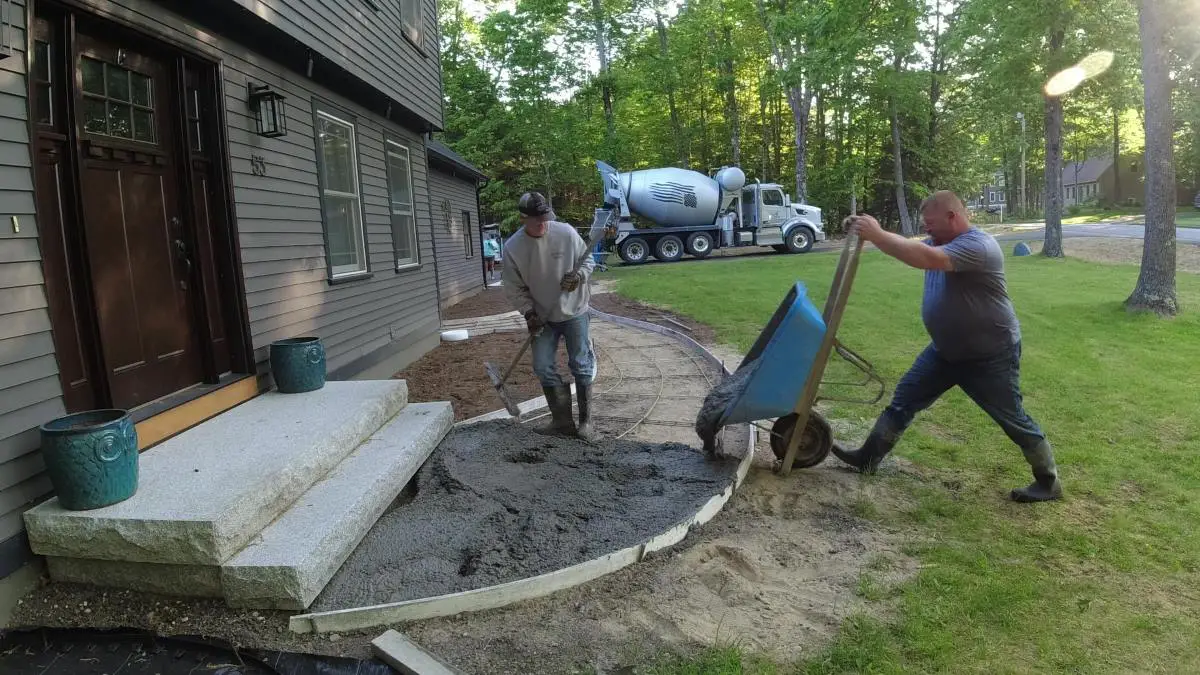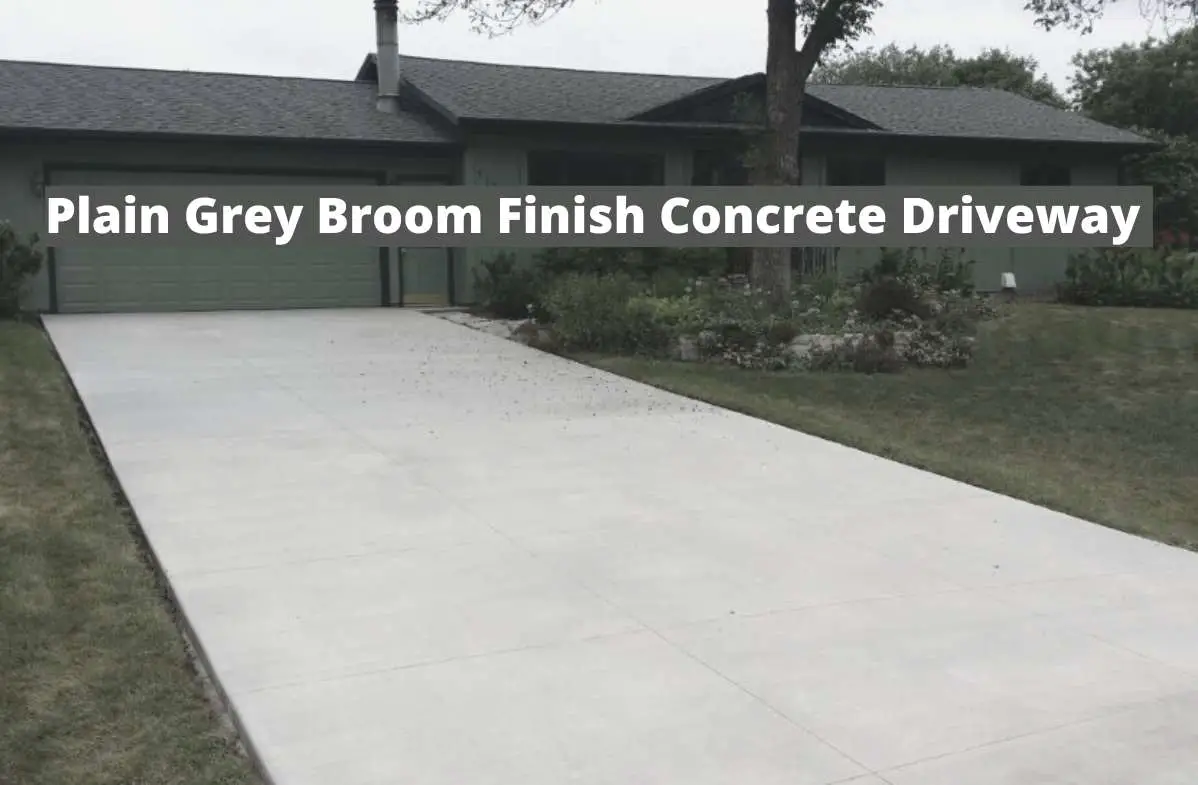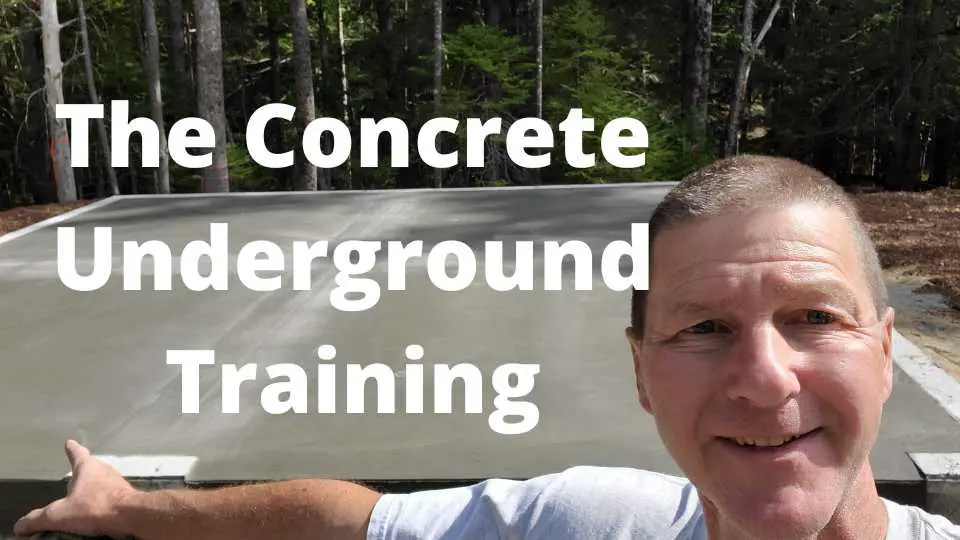The Best diy Concrete Driveway Sealer
Your concrete driveway is a big investment. Whether it's brand new, 1 year old, 10 years old or older, It's important to protect and preserve it so it'll last for a very long time.
Choosing the best concrete sealer to protect and maintain that investment can be a frustrating task.
Now, you don't have to! I've found one that's been working great for me.
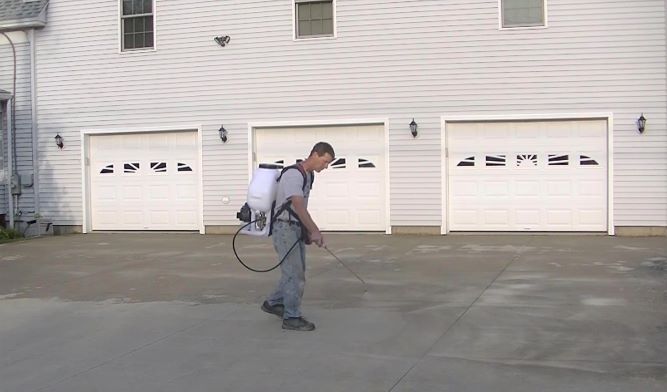
It's called LastiSeal Brick and Concrete Sealer and it has all the qualities of a really good driveway sealer.
Probably the BEST quality of all is it penetrates into the concrete up to 4 inches, sealing the concrete below the surface, internally. Why is this important?
Unsealed concrete is like a sponge that soaks up rain water, melting snow, and ice over and over again. Over time this wears on the concrete causing it to break down, especially in freeze and thaw climates.
LastiSeal soaks into the concrete and fills all the pores. It blocks the damaging effects of water penetration. The sealer is designed to internally waterproof and strengthen the matrix of the concrete.
The end result of using this sealer is it will shed water and protect the surface from corrosion. It also lasts for up to 15 years so no re-sealing is needed every year to two.
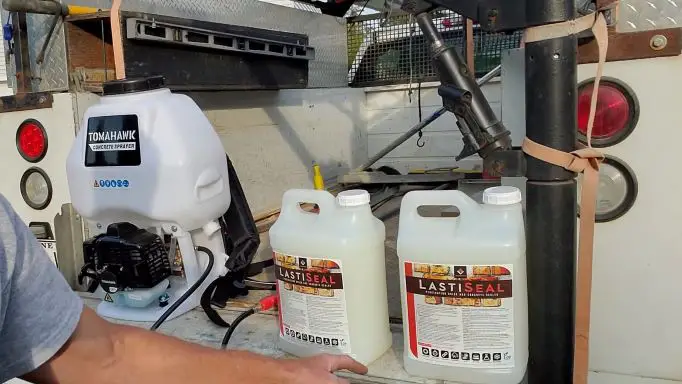
Qualities of a good concrete driveway sealer
Some of the qualities I really like about LastiSeal are:
- Long Lasting - It lasts up to 15 years after the first application. You don't have to re-seal every year.
- ECO - Friendly - Not harmful to pets and surrounding plants. It's non-toxic and not flammable.
- Easy to apply - A simple garden pump up sprayer is all you need. No solvents in this sealer!
- Low VOC's - Complies with California VOC laws. Virtually no odor.
- UV Resistant - The harmful effects of the sun will not break it down.
- Doesn't wear off - Vehicle traffic and foot traffic won't wear it off.
After you apply LastiSeal concrete sealer you can walk away and not have to worry about sealing your driveway again for a long time (up to 15 years).
A lot of other sealers you'll have to CLEAN and RE-SEAL your driveway every year or two to keep it protected.
why you should apply a sealer to your concrete driveway
The #1 Reason to apply a sealer to your concrete driveway is to extend the service life of the driveway.
A concrete driveway that's left unsealed will be more prone to wear & tear from everyday use and be more likely to crack and spall from extreme heat, de-icing agents, freezing and thawing, & rain absorption.
Using the right sealer will help protect your driveway from all of those things and ensure you keep your driveway looking great for years.
The #2 Reason to seal your driveway - It's really quite easy to do (spray it on, let it soak in) and it's not very expensive. (compared to repairing and/or replacing it).
If you're kind of a handyman or handywoman, diy'r type, you can do this yourself.
If not, just hire someone like me.
What makes Lastiseal sealer different than other sealers
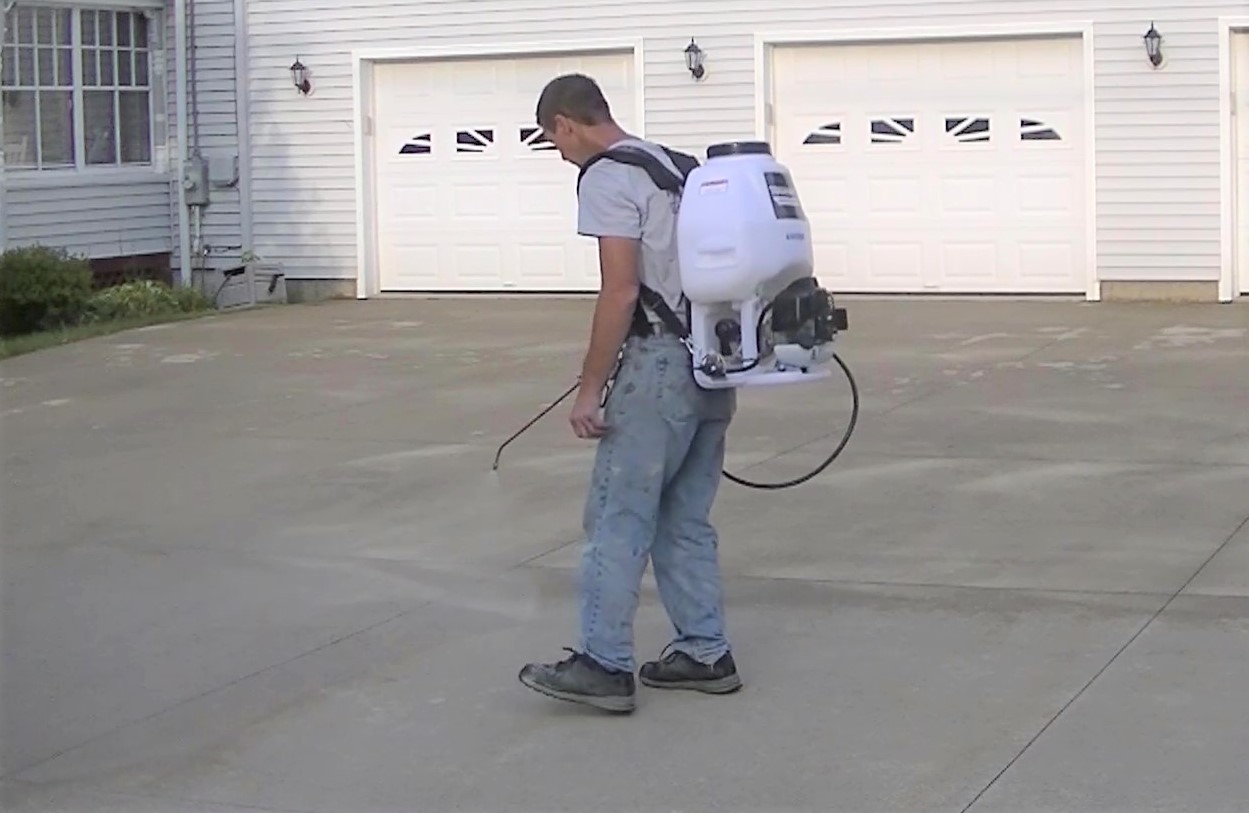
LastiSeal is a PENETRATING sealer. It works by filling all the pores and capillaries of the concrete. It's like pouring "liquid plastic" into the pores.
It DOESN'T make the concrete SLIPPERY because it doesn't form any type of film on the surface.
You spray it on, like I'm doing in the picture, and let it dry. I usually do two coats. As soon as I see the first coat start to dry, I'll spray on the second one and walk away, done.
After it dries, usually 30 - 60 minutes, you're good to walk on it and drive on it.
LastiSeal will actually waterproof and harden the concrete, whether it's new or old.
What makes LastiSeal different than most other penetrating sealers is it doesn't rely on a CHEMICAL REACTION between the sealer and the concrete to seal the concrete.
With other sealers that depend on that chemical reaction to protect and seal your driveway, it may or may not react good enough to completely seal the concrete. You DON'T really know!
LASTISEAL just soaks in, penetrates, fills the pores and hardens. No chemical reaction is necessary.
Now, water will shed faster when it rains and your driveway will "dry out" faster.
3 Important factors to consider when choosing a driveway sealer
Three things to consider when you choose a sealer for your driveway are:
1. SAFETY - You don't want a slippery surface after sealing it. That eliminates all the acrylic film forming topical sealers out there. Both the water and solvent based ones.
These concrete sealers are designed to form a film on the surface to protect the concrete. But when it rains, the surface is slippery.
That means you have to look for a penetrating, non-film forming sealer. You want slip-resistant so grandma doesn't slip and fall!
LastiSeal is a penetrating, non-slip when it rains, type of sealer.
2. APPEARANCE - What do you want your concrete driveway to look like AFTER it's sealed.
A penetrating sealer (like LastiSeal) doesn't change the color or appearance of the concrete. It leaves it natural (matte) looking after it dries.
An acrylic film forming sealer will darken the concrete quite a bit. Your broom finish concrete driveway will be a lot darker afterwards and be more slippery if you use this type of sealer.
A colored and stamped concrete driveway may benefit from a topical acrylic sealer as the sealer will enhance the colors. But it'll still be more slippery than a penetrating sealer.
A good example of a topical acrylic film forming sealer is Foundation Armor's AR 350. This is a good sealer for color enhancement if that's what you're looking for.
3. PERFORMANCE - You want a driveway sealer that'll last. You don't want to be out there sealing your driveway every year or two. (that eliminates all acrylic film forming sealers) these sealers break down in the sun and wear off with use!
If sealing your driveway every year doesn't make you excited, then you have to seal your driveway with a penetrating sealer.
Now, there's a lot of different brands of these types of sealers too. Some are good, some are better than others, but so far, LastiSeal has worked best for me and my customers.
Some performance qualities I like about LastiSeal are:
- Hardens the surface to protect against corrosion from road salts and de-icing salts
- Protects the driveway from the damaging effects of freeze / thawing in the winter
- Increases the concrete's resistance to dusting, spalling, pitting, and cracking
- Makes cleaning up motor oil and grease stains easier
- Helps reduce the growth of mold and mildew in those shaded areas
- Not harmful to pets, plants, and grass
- Oh yeah, I almost forgot - IT LASTS FOR UP TO 15 YEARS
Click HERE if you ready to order some now!
how to apply a concrete driveway sealer
There's basically two ways to apply sealer to your concrete driveway. You either roll it on with a paint roller or you spray it on (like I am) with a garden type pump up sprayer.
I usually use a leaf blower to remove any dirt, dust and debris from the surface. Sometimes I'll have to use a push broom to loosen any ground in dirt. This works most of the time for prep.
Occasionally, I'll have to pressure wash the concrete if it's really soiled or has mold & mildew on it. I do this the day before sealing so the concrete can dry out.
We seal a lot of driveways and apply LastiSeal sealers with a sprayer (that's why I have a motor powered sprayer).
The Chapin sprayer in the link above is an excellent pump-up sprayer that you can use for a lot of things. It fans out the sealer really nice and holds pressure very good.
If you desire to use a cheaper plastic sprayer, it'll get the job done and that's ok.
Spraying this sealer is really the way to go. It's fast and easy, and you get a more uniform sealer application.
Just thoroughly wet the concrete, try not to make puddles, and you're good for the first coat. As you see the first coat start drying up (lighter areas) go right back over it with a second coat. Don't let it completely dry out.
What's the coverage rate for lastiseal driveway sealer?
On a good broom finished concrete driveway you'll get 200 - 250 square feet per gallon for coverage.
On an older, rougher, more porous concrete driveway, figure on about 150 square feet of coverage per gallon.
Remember, you're applying two coats so figure about 2 gallons for every 200 - 250 square feet on most newer and lightly broom finished driveways. The second coat goes a little further than the first one.
I can get a 1000 square foot driveway done with about 8 gallons of LastiSeal. (these are newer concrete driveways with a nice looking broom finish).
Understanding the different types of concrete driveway sealers
and what's the longest lasting concrete sealer
The two most common types of sealers for concrete driveways are:
- PENETRATING SEALERS
- TOPICAL SEALERS
I'll explain the differences between the two so you have a little better understanding and can make an educated choice which one is better for your situation.
PENETRATING SEALERS:
This type of concrete sealer, when applied to concrete, penetrates down into the pores of the concrete and seals it from within.
If applied correctly, it doesn't leave a film or topical coating on the surface of the concrete.
There's three types of penetrating concrete sealers:
FIRST:
- POLYESTER BASED - (like LastiSeal) water based, good for all types of concrete smooth and porous
This type of penetrating sealer internally waterproofs and strengthens the matrix of the concrete. It's like filling the pores with hard plastic. Considered a permanent sealer that lasts up to 15 years.
SECOND:
- SILANE - Small molecules - good for smoother, dense concrete
- SILOXANE - Larger molecules - good for porous concrete
- SILANE/SILOXANE - Combination of both
This type of penetrating sealer chemically bonds with the concrete and is like filling the pores with silicone caulking.
This sealer is considered permanent, lasting for up to 10 years or more.
Dryway is a mixture of silane/siloxane and is a good concrete sealer.
THIRD:
- SILICATE - Smaller molecule - good for hard troweled, smooth, and dense concrete
- SILICONATE - Larger molecules - better for porous concrete
- SILICATE/SILICONATE - Combination of both
This type of concrete sealer penetrates deeply into the concrete and also chemically bonds to it in a different way.
It chemically reacts with the free lime and alkali (Portland Cement). As it continuously reacts, it begins to cure and harden as a silicate mineral, expanding and sealing the pores of concrete.
This type of sealer will actually harden, densify, and strengthen your concrete.
This sealer is considered permanent, lasting for up to 10 years or more.
RadonSeal (the brother to LastiSeal) is a silicate based concrete sealer.
TOPICAL SEALERS:
This type of sealer for concrete driveways is most commonly an ACRYLIC based sealer. It's either solvent based or water based.
It leaves a film or a thin coating on the surface of the concrete.
This sealer works by adhering to the surface of the concrete and protecting the surface with what amounts to a very thin plastic like coating.
It doesn't chemically react with the concrete, it just "sticks" to the surface.
It wears off with use and degrades from the sunlight.
It's good for darkening regular concrete and enhancing the colors in stamped and stained concrete.
It does protect from spills and stains as long as you wipe them up or rinse them off quickly.
You will need to re-seal your concrete every 1 - 3 years depending on use and sunlight exposure.
Re-sealing is easy as long as you use the same type (solvent or water based) sealer you used to begin with.
